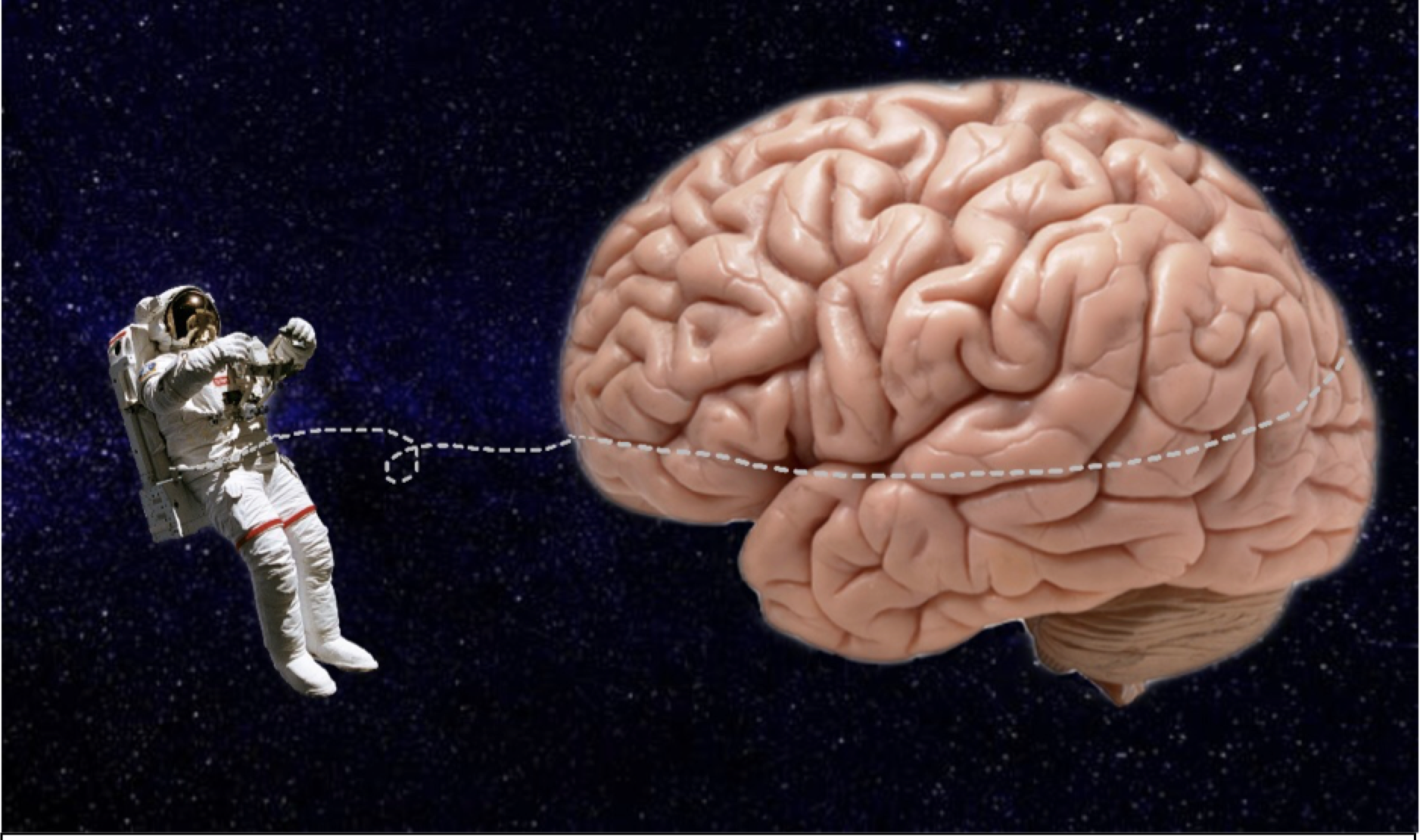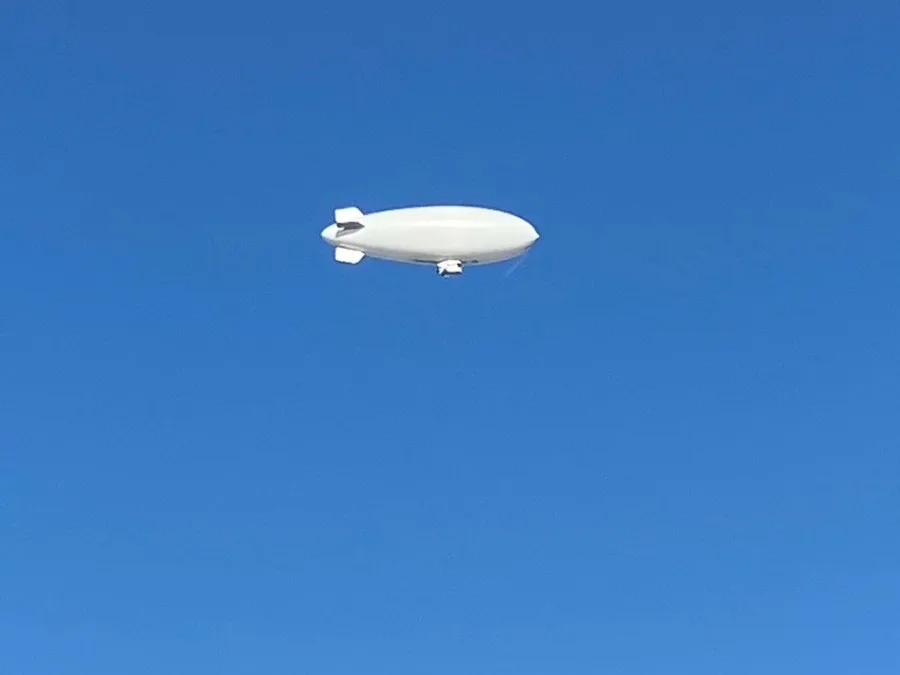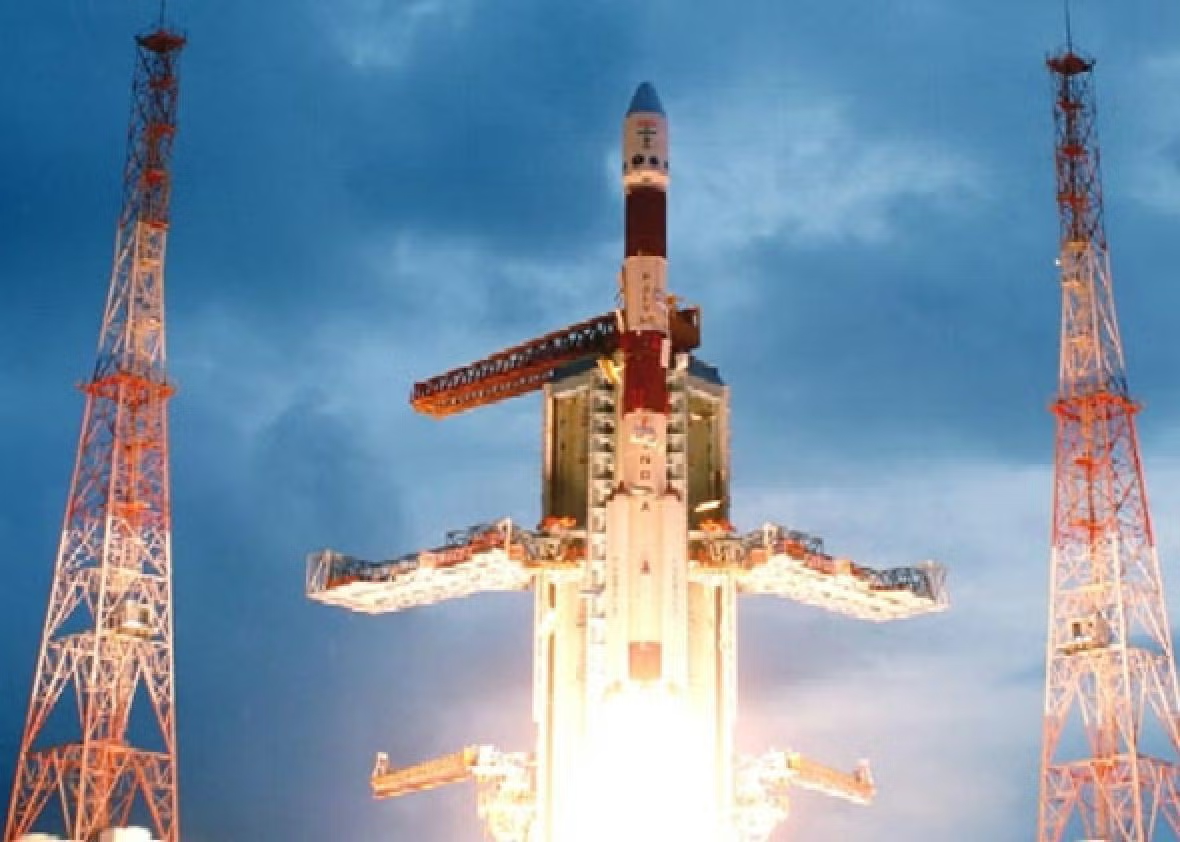Now Reading: How Astronauts Adapt Psychologically in Space
-
01
How Astronauts Adapt Psychologically in Space
How Astronauts Adapt Psychologically in Space

Life in space is not only about science and technology, it is also about the human mind. Astronauts spend weeks or even months away from their families, living in confined spaces, with no fresh air or natural surroundings. Adapting psychologically becomes as important as physical fitness, because mental resilience decides how well a mission succeeds. For many Indians, especially those in Tier 2 cities who dream of space careers, this side of space travel is rarely discussed but deeply important.
Astronauts face isolation, monotony, and the constant stress of being in a high-risk environment. The absence of natural day-night cycles can disturb sleep patterns, leading to fatigue and mood changes. To cope, space agencies train astronauts in techniques like mindfulness, stress management, and teamwork. Before going into space, they undergo simulations where they live in confined conditions to prepare for the mental strain.
A big part of psychological adaptation is learning to work as a team. In space, disagreements can quickly become serious if not managed well. Astronauts are trained to communicate clearly, resolve conflicts calmly, and maintain a sense of humor to ease tension. Regular contact with family through video calls also helps reduce feelings of loneliness.
Interestingly, small details make a huge difference. Simple things like music, books, or even cultural food packs are included in missions to give astronauts a sense of home. Celebrating birthdays or festivals together helps them feel connected to Earth, no matter how far they are. For Indian astronauts of the future, carrying symbols of culture or traditions could play a role in keeping morale high.
Psychological strength in space is not just about survival; it is about staying motivated, focused, and cooperative. Space travel demands a balance of discipline and flexibility, where the mind must adapt as quickly as the body. As India moves closer to sending more humans into space, understanding these psychological challenges becomes crucial, because behind every successful mission lies not just engineering, but also the quiet strength of the human mind.

























